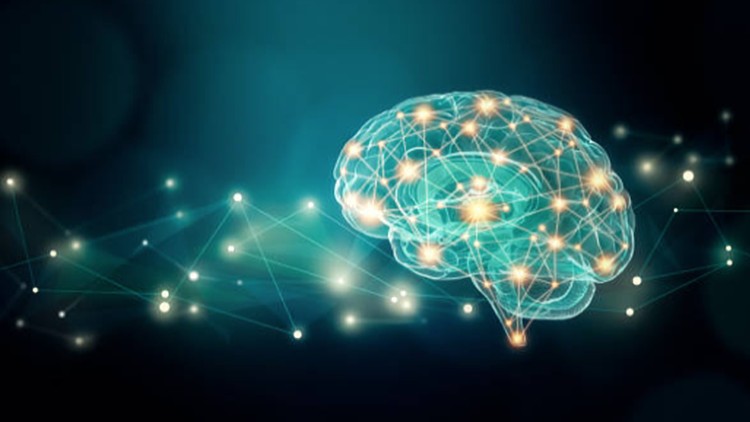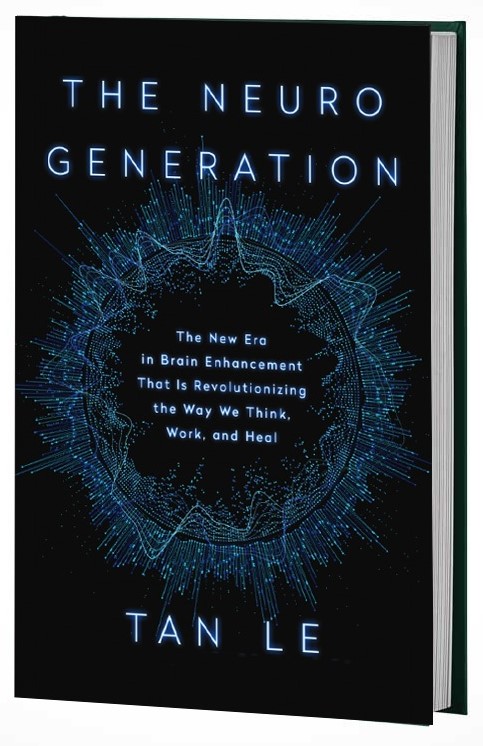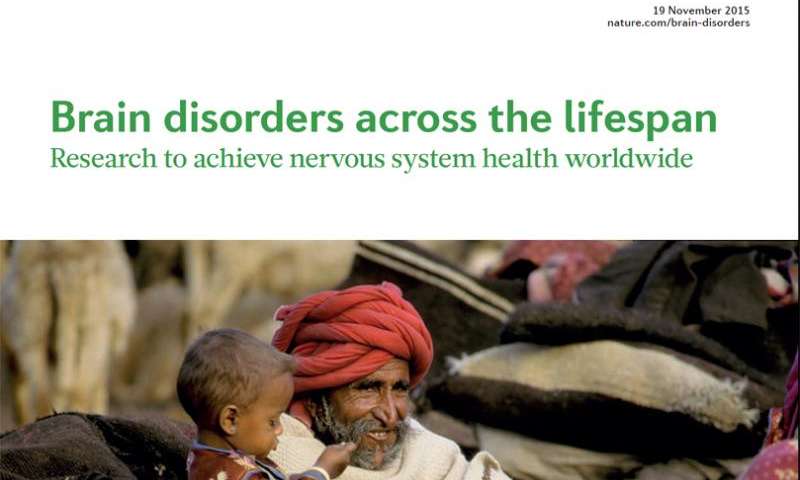Posts Tagged ‘research’
Update: A life of cognitive and physical exercise helps you stay sharp in your 70s and beyond
Welcome to a new edition of SharpBrains’ e‑newsletter, featuring 13 fascinating brain research findings, useful resources–and a brain teaser to test your attention skills. #1. Good news of the month: Elders today are in significantly better shape–physically and cognitively–than three decades ago #2. A distinction WITH a difference: Actual, sustained practice–not mere knowledge–is needed to…
Read MoreUpdate: The placebo effect works even when people know they are taking a placebo
Welcome to a new edition of SharpBrains’ e‑newsletter, featuring 14 research findings, resources and tips for brain health … and starting with this fascinating study: #1. Wow. The placebo effect works even when people know they are taking a placebo #2. Beating Alzheimer’s Disease will require a combined physical/ mental approach: From the ten factors found…
Read MoreFour ways hiking promotes cognitive and emotional health
__ I’m a hiker—“born to hike,” as my husband likes to joke. It does my heart and soul good to strap on a pack and head out on a trail, especially when I’m alone and can let my mind wander where it will. The experience of hiking is unique, research suggests, conveying benefits beyond
Read MoreWhat’s normal? When it comes to the brain, it’s hard to say, and that’s why we need to study global neurodiversity
In a small village in India—a place so remote it has no electricity, no telecommunication system, and no cars or buses—a research worker prepares to place an EEG headset on a female villager’s head. The woman, who earns $3.75 a day laboring in a nearby rice paddy and who has never ventured outside her village, eyes…
Read MoreBusy schedules linked to better memory and cognition among middle-aged and older adults
——- Being Super Busy May* Be Good For Your Brain (Smithsonian Magazine): “There hasn’t been much scientific research on busyness itself, although it’s something that we talk about so often,” explains Sara Festini, a cognitive neuroscientist at the University of Texas at Dallas Center for Vital Longevity, a co-author of the new research published this week
Read MoreNIH outlines global research agenda to tackle brain disorders–from cognitive impairments to depression and dementia
Heads-up: There’s an excellent–and open-access– research supplement in Nature, result of an NIH-led effort to advance the global brain disorders research agenda. Description: Infants are starved of oxygen during difficult births. Children’s cognitive function is permanently damaged due to malnutrition or exposure to infections or toxins. Adults suffer from
Read More





